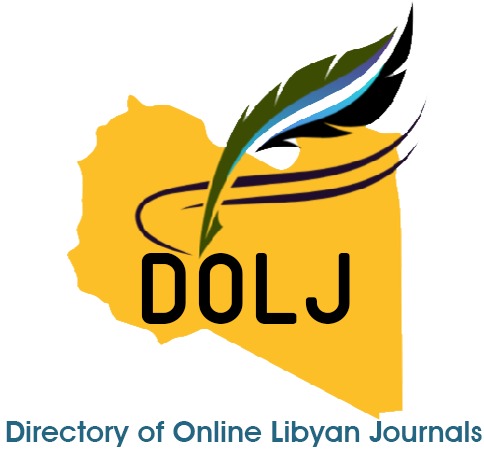The Impact of Intellectual Capital on Organizational Performance Efficiency: A Field Study at the North African Bank, Janzour Branch.
DOI:
https://doi.org/10.69667/ajs.25103Keywords:
Intellectual Capital, Organizational Performance Efficiency, Field Study, North African Bank.Abstract
This study aimed to identify the impact of intellectual capital on organizational performance efficiency. The study sample also included individuals working at the North African Bank, Janzour Branch. The researchers used the descriptive and analytical approach in conducting the study. To achieve the study objectives, a questionnaire consisting of (26) items was distributed, covering two main axes: intellectual capital and organizational performance efficiency. (50) questionnaires were distributed to employees, of which (47) were returned, and (5) questionnaires that did not meet the requirements were excluded. The response rate was 84% of the study population. The questionnaire items were analyzed using frequency tables, percentages, arithmetic means, standard deviations, and analysis of variance using the Statistical Package for the Social Sciences (SPSS) to determine the effects of the study variables. Thus, the researchers were able to reach a set of results, the most important of which are: There is an impact of intellectual capital on the efficiency of the bank's performance under study. The greater the attention and preservation of intellectual capital within the bank, the greater the efficiency of the employees, which in turn positively impacts the efficiency of the organization's performance. The study also reached a set of recommendations, the most important of which are: Increasing attention to intellectual capital within the bank. The greater the attention paid to intellectual capital within the bank, the more positively impacts the efficiency of the bank's performance, which contributes to providing better services and reducing the rate of complaints within the bank. Keywords: Intellectual capital, organizational performance efficiency, field study, North African Bank.
هدفت هذه الدراسة إلى التعرف على أثر رأس المال الفكري على كفاءة أداء المنظمة، وكذلك و استهدفت عينة الدراسة الأفراد العاملين بمصرف شمال افريقيا فرع جنزور. حيث استخدمت الباحثتان المنهج الوصفي التحليلي عند إجراء الدراسة، ومن أجل تحقيق أهداف الدراسة تم توزيع استبانة تكونت من (26) فقرة اشتملت على محورين محاور: رأس المال الفكري، وكفاءة أداء المنظمة. وتم توزيع (50) استبانة على الأفراد العاملين ، واسترجع منها (47)، وتم استبعاد عدد (5) استبانات كانت غير مستوفية الشروط. وكانت نسبة الاستجابة (84%) من مجتمع الدراسة، وتم تحليل فقرات الاستبانة المتمثلة في الجداول التكرارية، والنسب المئوية، والمتوسطات الحسابية، بالإضافة للانحراف المعياري، وتحليل التباين بواسطة الحزمة الإحصائية للعلوم الاجتماعية (SPSS)، وذلك لمعرفة تأثيرات متغيرات الدراسة، وبهذا تمكنت الباحثتان تتوصل إلى مجموعة من النتائج أهمها: وجود تأثير لرأس المال الفكري على كفاءة أداء المصرف محل الدراسة، حيث كلما زاد الاهتمام والمحافظة على رأس المال الفكري بالمصرف زاد من كفاءة الأفراد العاملين والذي بدوره يعكس إيجاباً على كفاءة أداء المنظمة وكما توصلت الدراسة إلى مجموعة من التوصيات، أهمها: زيادة الاهتمام برأس المال الفكري بالمصرف حيث كلما زاد الاهتمام برأس المال الفكري لدى المصرف كلما انعكس إيجاباً على كفاءة أداء المصرف مما يسهم في تقديم أفضل الخدمات والتقليل من معدل الشكاوى لدى المصرف
Downloads
Downloads
Published
Issue
Section
License
Copyright (c) 2025 Alqalam Journal of Science

This work is licensed under a Creative Commons Attribution 4.0 International License.










